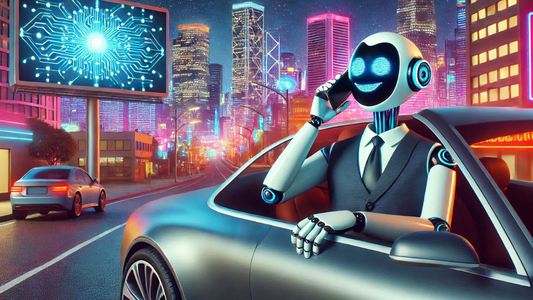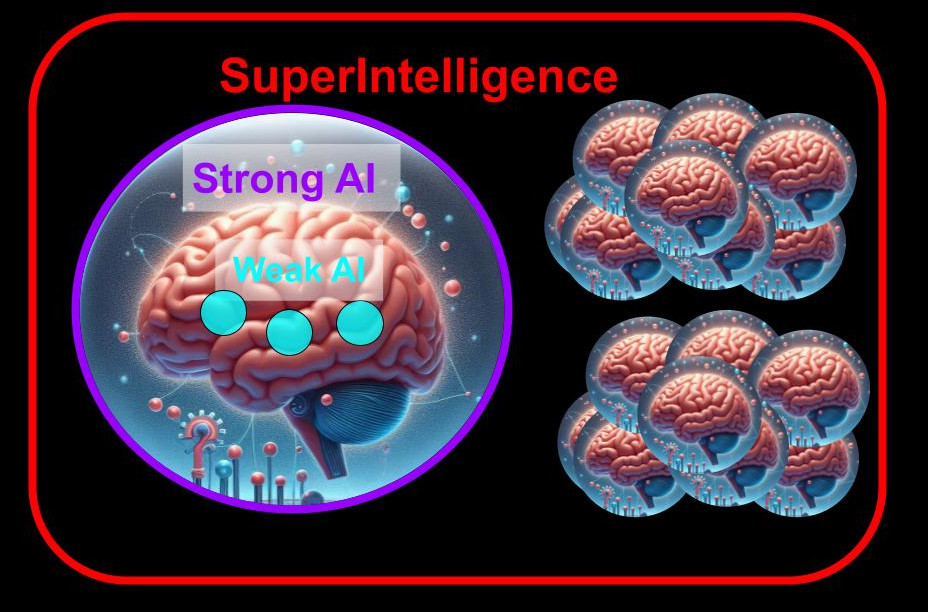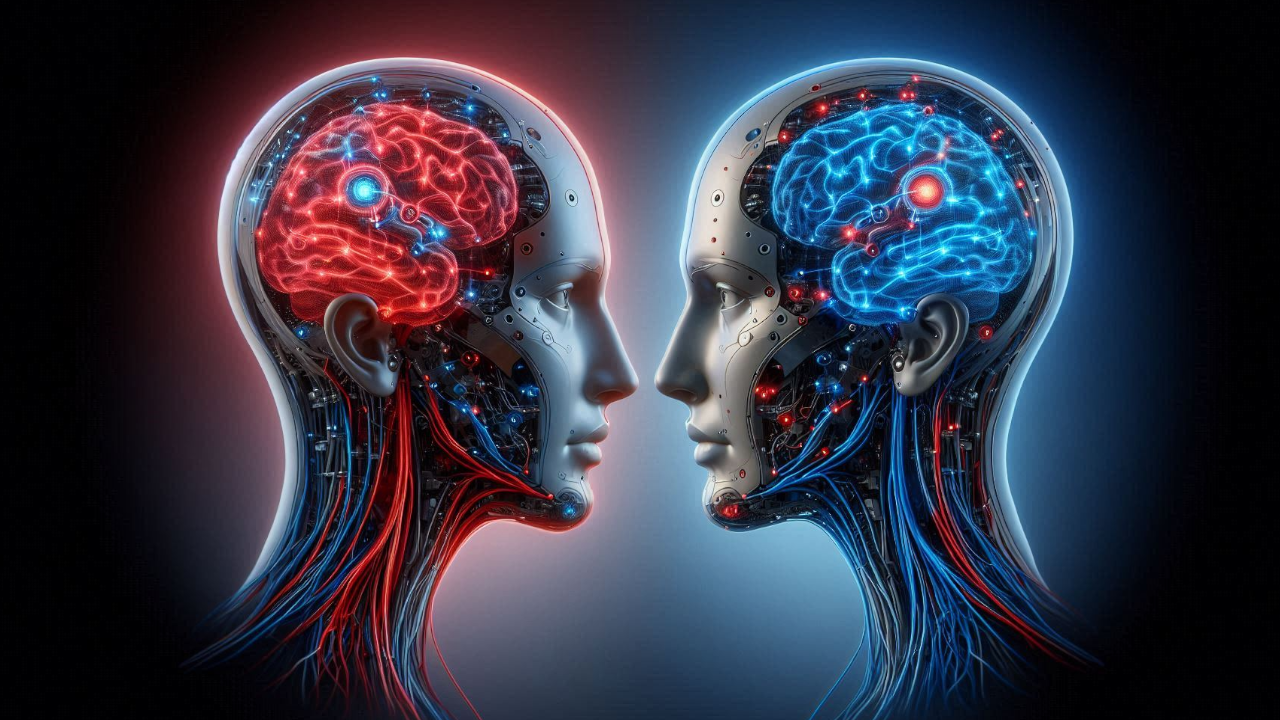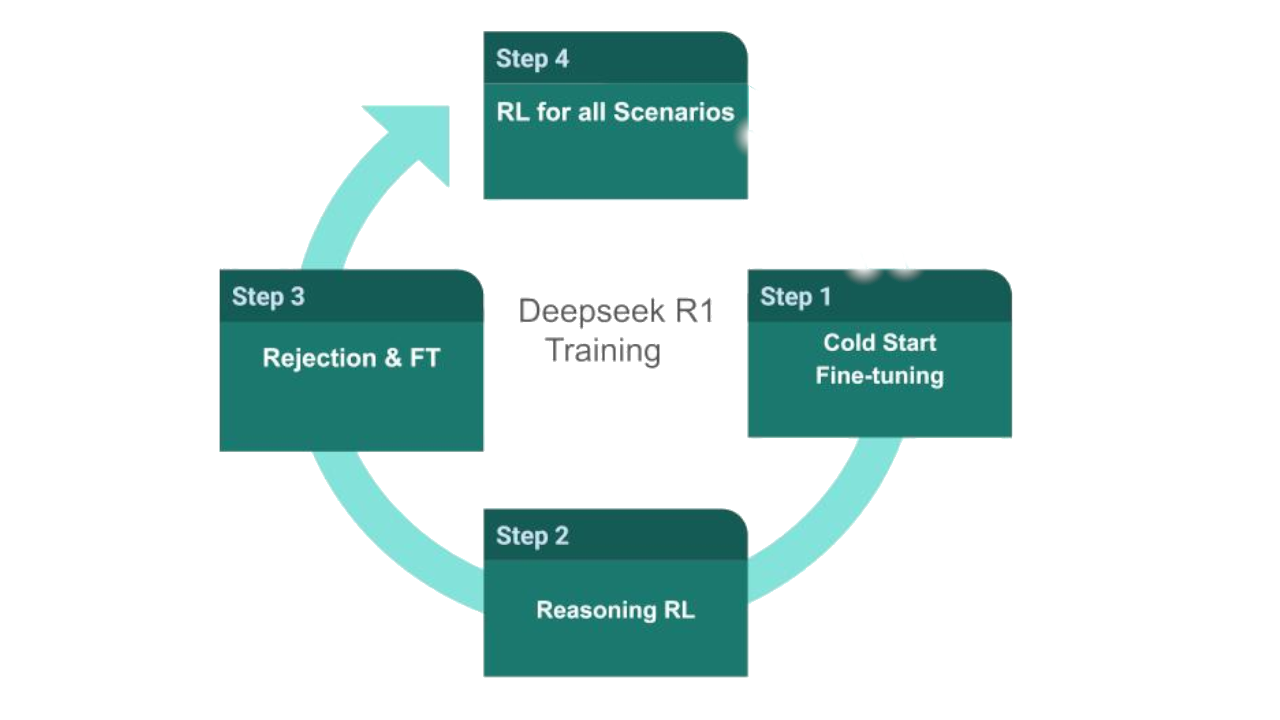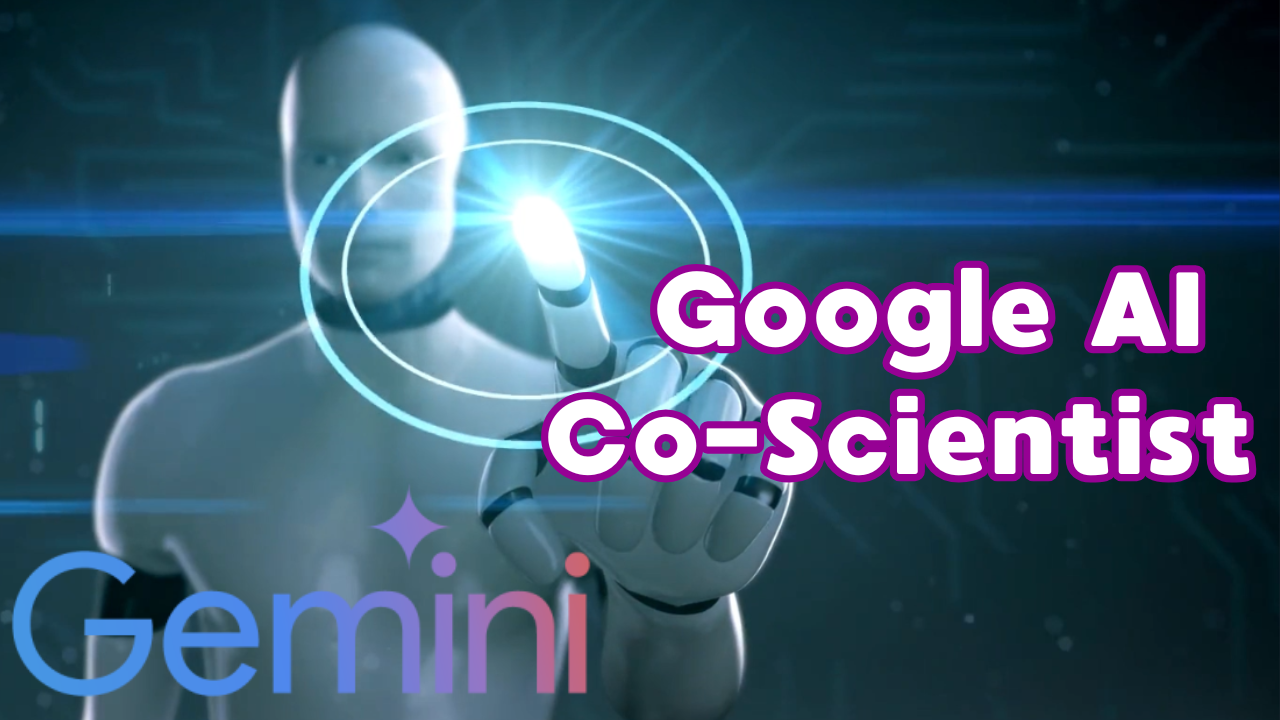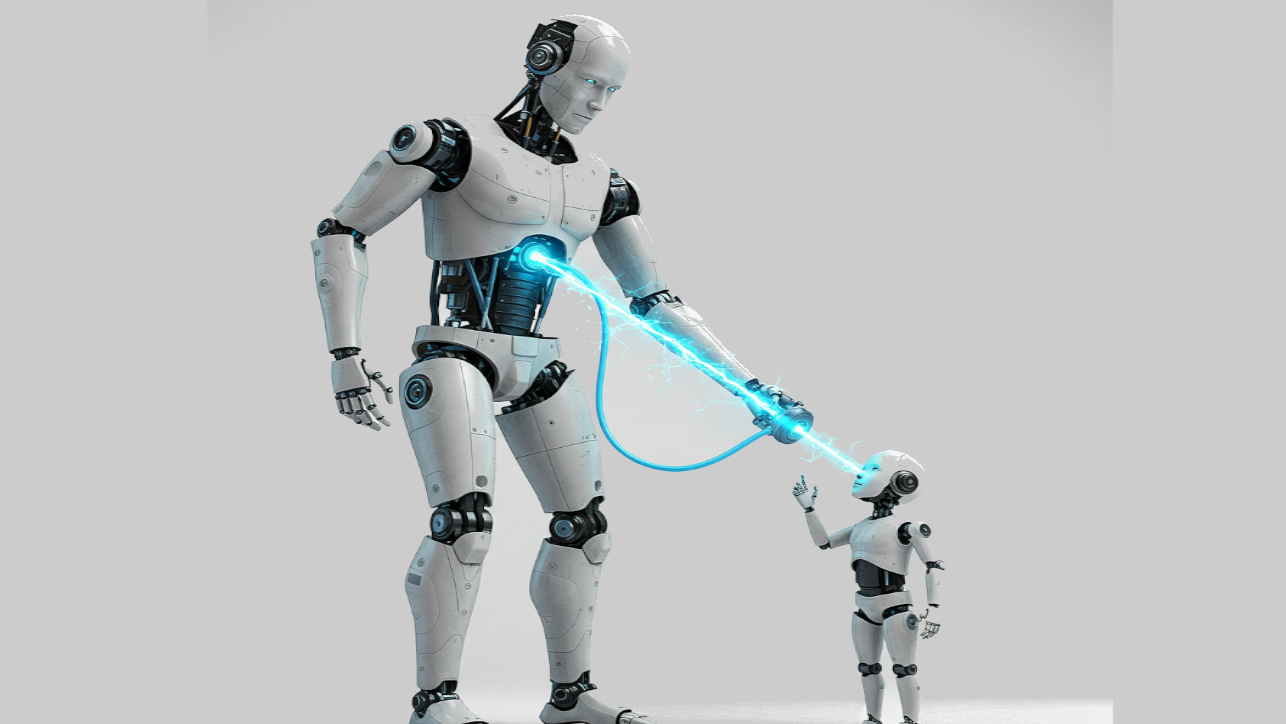Major tech companies like Microsoft, Google, Apple, and Amazon are actively developing and promoting AI agents. Copilot, Alexa, and Siri, despite their differences, are examples of these agents.
Gartner has positioned AI agents as the top strategic technology trend for 2025, predicting that by 2028, at least 15% of daily business decisions will be made autonomously by these agents (up from 0% in 2024).
What is an AI agent?
It’s a software program designed to perform tasks — requiring intelligence — autonomously or with minimal human intervention. It can learn, reason, and act based on the data it receives and the algorithms that govern its operation.
It could be a simple system that executes a list of programmed rules or a complex system that uses advanced AI models to perform more complex tasks.
Microsoft’s Copilot is one of the most prominent AI agents today. It uses AI to perform numerous tasks autonomously or with little human intervention.
Virtual assistants like Siri and Alexa are also a type of AI agent, helping humans with daily tasks. They may use traditional intelligent techniques or the latest AI models, as they do today. Self-driving car programs are also AI agents, driving autonomously with minimal human intervention.
How does an AI agent work?
The agent receives input from its environment, which could be a human command as in the case of a virtual assistant or sensors and cameras monitoring the environment, as in the case of self-driving car software. It then analyzes and understands this input using its intelligent models and algorithms. Based on this, it makes the appropriate decisions and executes them.
Some agents have the ability to learn, monitoring the results of their decisions and learning from them to improve their performance.
The role of AI agents
These agents help automate routine tasks and allow humans to focus on more important ones. They also reduce human error in areas that require accurate and rapid data analysis.
Thanks to generative AI, they can generate new and innovative things that were previously impossible.
Therefore, their use will spread to perform many of the tasks performed by humans, and they will work side by side to cooperate with humans in carrying out tasks. Reliance on them will gradually increase until they become an essential part of performing any task.
